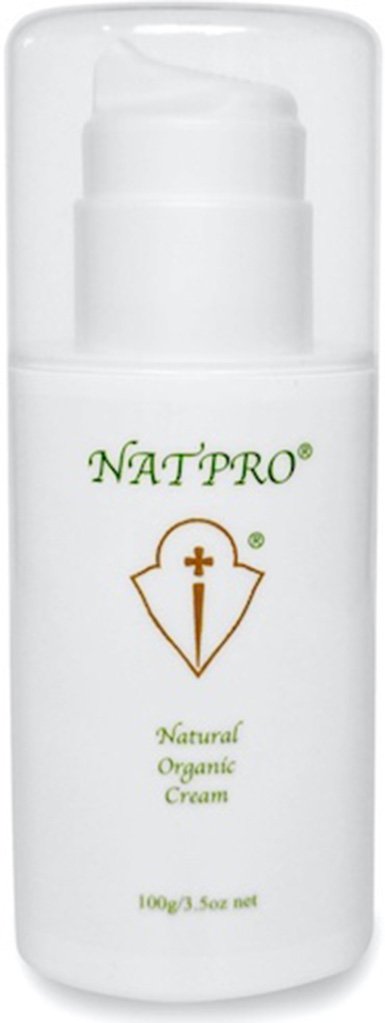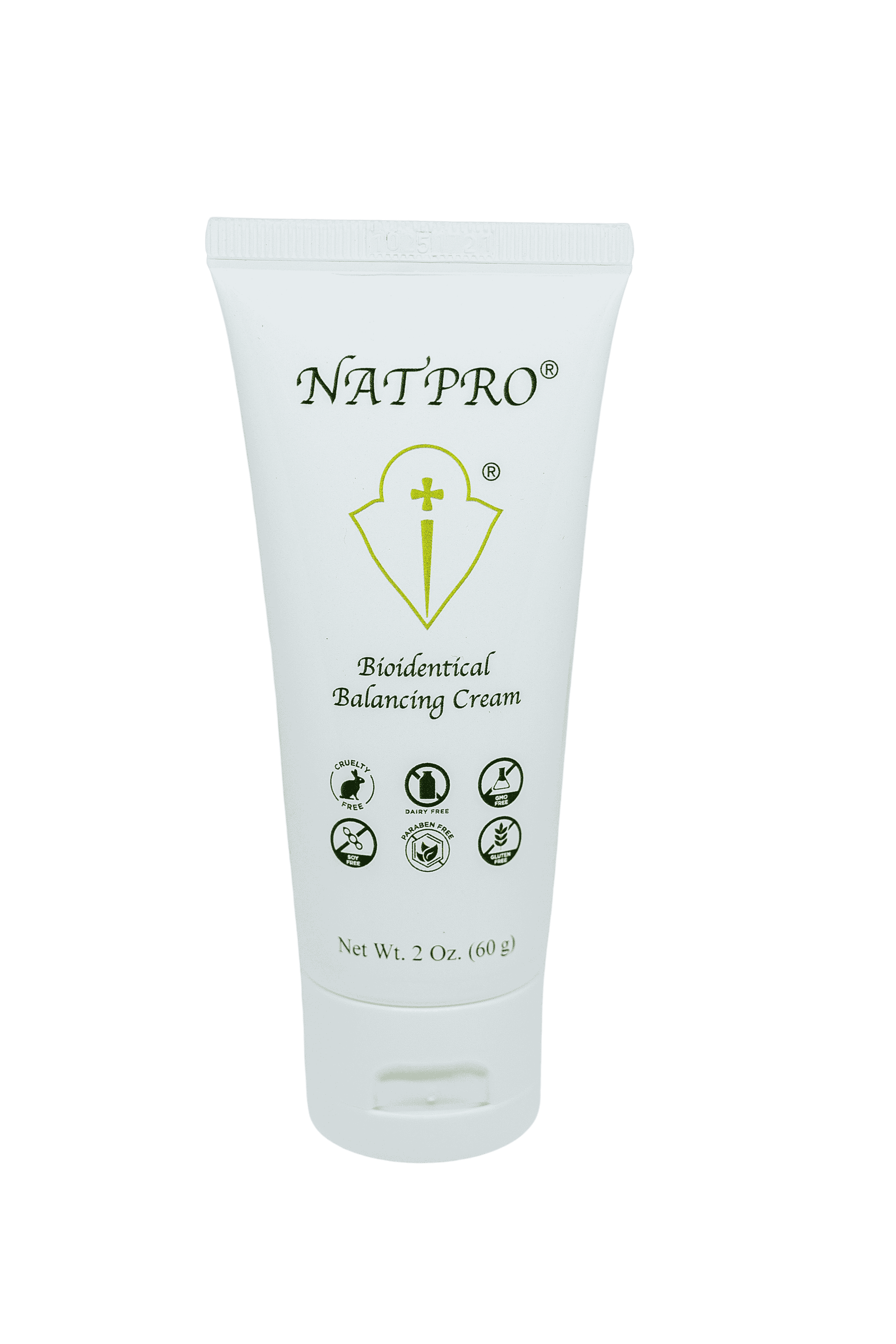Signs symptoms of lupus
The commonest signs symptoms of lupus are joint pain, fever and fatigue. Lupus is an auto-immune disease causing inflammation of the connective tissue. It affects many more women than men, generally in the 15 to 65 age group. There are approximately 500,000 people in the USA who have it.
Hormone imbalances induced by environmental poisons, especially the 'xeno-estrogens' are considered by some authorities to be a major contributory factor. Progesterone is a powerful anti-inflammatory and also acts to re-balance the disrupted hormones.
There are three forms of the disease...
- discoid affecting the skin
- systemic which damages the heart, joints, kidneys, liver, lungs, nervous system and the skin
- drug-induced (this usually goes once the drugs are discontinued)
A fourth kind has recently been discovered. Aspartame, the sweetener used in most carbonated soft drinks is being held responsible for an epidemic of lupus as well as an increased incidence of epilepsy in the USA.
Users of HRT (hormone replacement therapy) are more likely to get lupus than non users.
Its prevention and control has typically been limited to the use of corticosteroids and other anti-inflammatory drugs. Estrogen is contra-indicated.
Progesterone and lupus are clearly linked by the action of progesterone as a powerful anti-inflammatory, due to the fact that it is the precursor to cortisone.
In the event of you experiencing any signs or symptoms of lupus you should help boost your immune system by taking daily at least...
10,000 IUs of Vitamin A15,000 IUs of the carotenoidsa high value Vitamin B complex3000 mg Vitamin C500IUs Vitamin E45mg zinc100mcg selenium
The amino acids glutathione and cysteine have also been found to be helpful in treating auto-immune diseases.
To find out more about progesterone therapy in general and how it benefits health issues other than in cases where signs symptoms of lupus are evident, please click here.

